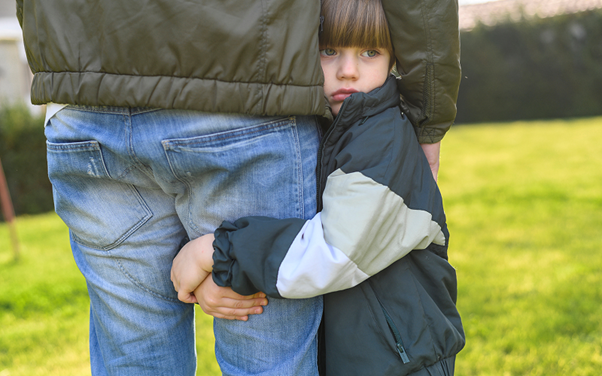Moving to a new country comes with many changes, especially for children. Between learning a new language, adjusting to unfamiliar foods, and figuring out new routines, the early days can feel like one long game of catch-up. That’s where enrolling in an international school in Singapore can help smooth the transition.
Creating a Welcoming Environment from Day One
For children who have just landed, the first day at school can be both exciting and nerve-racking. International schools know this and take early steps to help kids feel at ease. Classrooms are designed to feel open and friendly, with teachers trained to support students from a wide range of backgrounds.
Orientation sessions are usually built into the term start. These help new students find their feet without pressure. They get to meet classmates, tour the campus, and learn about school routines. It may not erase the nerves entirely, but it gives students a running start instead of tossing them into the deep end.
Building Familiarity Through Routine
While each international school in Singapore has its own rhythm, one thing they all have in common is the structure. Routine is comforting, especially for children in unfamiliar surroundings. Knowing what comes next helps to create a sense of control.
Timetables typically include a healthy mix of academics, creative work, physical activity, and downtime. Subjects are often taught in English, which also supports children who are still developing fluency. Some schools even offer dedicated language support for non-native English speakers, giving them the tools to grow in confidence without falling behind.
Emphasising Community and Belonging
Feeling out of place is one of the biggest challenges for any child starting over in a new country. That is why many of the best international schools in Singapore focus on community. Activities like buddy programmes, group projects, and house systems help students build friendships across age groups and cultures.
Class discussions often include themes like kindness, identity, and teamwork. Over time, children learn that it’s okay to be different and that everyone has something to bring to the table.
Bridging Cultures with Global Curriculums
The academic content itself also plays a big part in helping students adapt. Rather than sticking to one national perspective, international schools often use global curriculums like the International Baccalaureate (IB), British IGCSE, or American AP systems. These programmes are designed to be flexible, multicultural, and widely recognised.
For children who may not stay in one place for long, this consistency matters. It means they can move to another school in a different country and still find familiar subjects, teaching styles, and assessment formats. It’s a bit like having a passport for education, one that works in many places.
Helping Parents Settle In Too
Children take cues from their parents. If the adults are stressed or lost, it can spill over to the kids. Many international schools in Singapore understand this and provide support not just for students, but also for parents. This could include school newsletters, parent coffee mornings, or even workshops about life in Singapore.
These small efforts go a long way. When families feel like they are part of a wider school community, the adjustment becomes less daunting. Parents can ask questions, share concerns, and connect with others in the same boat.
Balancing Old Traditions with New Experiences
Relocation often means leaving familiar holidays, foods, and routines behind. International schools make space for this by honouring cultural diversity. Students are encouraged to share traditions from their home countries through food fairs, language days, and storytelling sessions.
This not only keeps their identity alive but also fosters mutual respect. Children get to see that different doesn’t mean strange. It means something to learn from. And when everyone is learning from each other, it helps children settle in without feeling like they must let go of where they came from.
Supporting Emotional Wellbeing
Moving to another country can be like changing scenery. It affects emotions, friendships, and even self-esteem. Many of the best international schools in Singapore have counsellors on staff who work with students one-on-one or in groups. Their role is to address problems, and also helping children talk through feelings, develop resilience, and adjust at their own pace.
This kind of pastoral care matters. It’s the behind-the-scenes work that often makes the biggest difference. Children are more likely to thrive when they feel heard, safe, and supported.
Helping Children Settle with Confidence
With the right support system, children can adapt to new surroundings, develop meaningful friendships, and stay connected to their identity. International schools play a steady role in making this happen, both inside and outside the classroom. Contact EtonHouse to find out how their international school in Singapore can support your family’s transition and help your child feel right at home.









